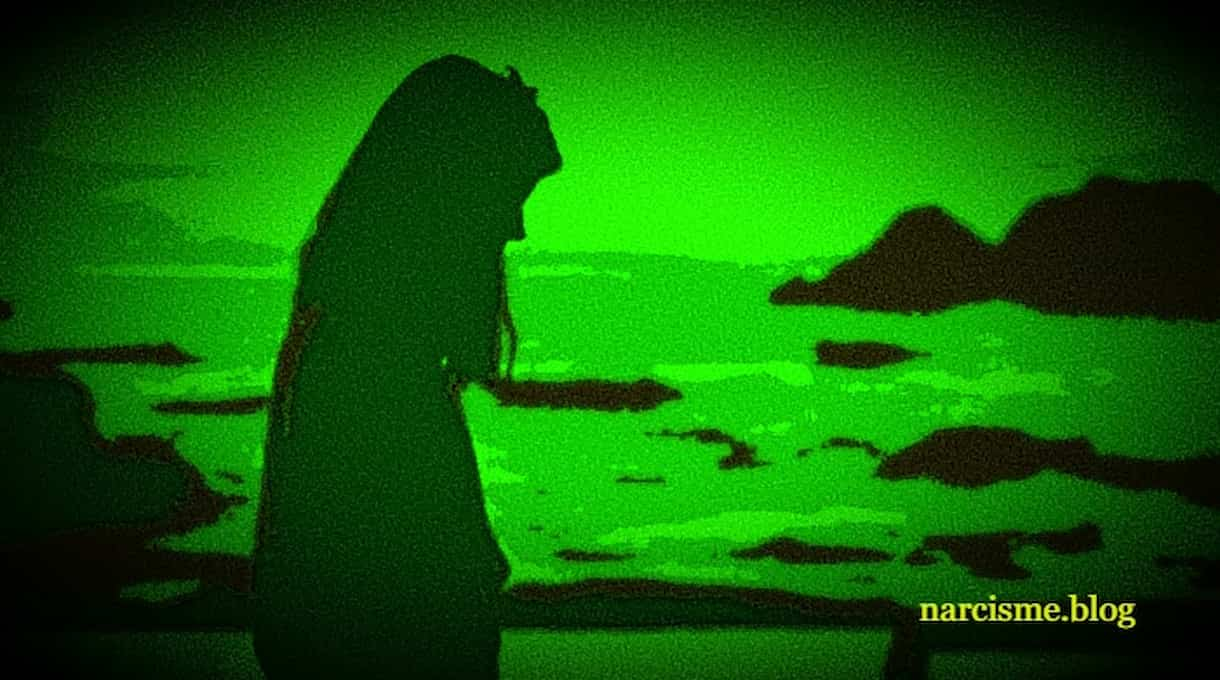Like an addiction, “loving a narcissist” is an emotional addiction, believing that you have some power over the narcissist and the situation. Yet, you don’t. There is neither reciprocity nor healthy dependence on the narcissist.
Likewise, an emotional addiction to the narcissist generates dopamine, oxytocin, adrenaline, cortisol, and other brain chemicals created by love.
Love Bombings and the Trauma Bonding
So, you must first admit that you are powerless over a narcissist, and your life has become unmanageable as a result. As a result, addiction to the narcissist came into your life. Narcissists are not yours. They belong to the universe or their Creator, and they are not your responsibility.
Then you accept that only a power greater than self can heal you and help the narcissist.
You can see this power as therapy, your conscience, your higher self. You can see this power as the power of self-healing within you. Furthermore, you can see it as the truth, universal consciousness, the All, psychology research (psyche means soul), the Creator, or whatever higher power works for your way of think.
Furthermore, you decide to turn your will and your life over to the care of your higher power as you understand that higher power.
You begin by recognizing that you cannot control others and, therefore, you cannot control the narcissist.
So instead of trying to control what you have no control over, make your moral inventory of what you need to work on.
List your goals and list things you can use to build your self-esteem. List the item to develop your sense of equality instead of using another as a pillar of your self-esteem.
Give to yourself, your higher power, and another human being the exact nature of the areas you need to work on and work on your mistakes.
You begin an honest self-assessment of your weaknesses.
This step will help eliminate your selfishness and help lessen your fear of facing life without the narcissist.
You start to feel valued and heard by talking or writing to someone.
Does it help you stop blaming others? This starts controlling what you can control — yourself.
You are preparing yourself for your higher power to remove these weaknesses and character flaws from you.
Likewise, you may need to do this step more than once as you discover new areas that need work.
You inwardly agree to adopt a willing and cooperative attitude toward recovery.
To that, you humbly ask your higher power to take away your weaknesses and character flaws.
You will have to understand what it means to become truly humble.
To be truly humble, you need to let go of your pride in your relationship and addiction to the narcissist. Stop making yourself feel good about yourself and boost your self-esteem.
This step will help you see the difference between selfishness and a sense of equality and happiness with yourself.
Make a list of everyone you’ve hurt by clinging to the narcissist and be willing to make amends.
If this relationship and the addiction to the narcissist has harmed your children or if you have neglected your friends or family, ask them to forgive you.
Rest assured that the first seven steps have prepared you for the strength it will take.
Help other people with similar problems whenever possible.
This may mean sharing with others elsewhere or on VKoN what has worked for you to help alleviate your addiction to the narcissist.
Because by participating in the process of using a narcissist to boost your self-esteem, you have contributed to the overall confusion about what love is. It contributes to the general chaos of what love is really for. This led others to believe that we are an object to boost our self-confidence.
Continue to take your inventory and admit it immediately if you are wrong.
Steps one through nine have helped you see the truth about your behavior. These steps help you how the rest of the world reacts to your actions. This has shown you that you can now clearly see how to control your actions.
You are no longer willing to automatically return to the same self-destructive relationship(s) with a narcissist.
Through meditation and prayer or supplication to your own higher power, your work improves your conscious contact with your higher energy. You want to enhance general consciousness or spirituality, as you understand it, by learning to listen to that higher power and Him, her or it. To inspire you, ask for knowledge of the will of your higher power and the power to carry it out.
After having had a spiritual or inner awakening or a revolution in consciousness due to taking many small steps, now try to convey your understanding to others addicted to a relationship with a narcissist.
You can now use your new understanding of these principles in other areas of your life. However, you don’t take this as a sign that you are now strong enough to have a relationship with a narcissist. You can’t use a narcissist as an object to boost your self-esteem because this will trigger your addiction to the narcissist again.

Anyone familiar with 12-step programs will no doubt see the pattern in these 12 steps.
This is because using narcissists as an object to increase self-esteem is an addiction of someone who relies on validation. So just like any other addiction, it is necessary to let go of the attempt to control the narcissist’s situation. You have to take the proper steps towards recovery.
If someone has been with a narcissist without any “reliance on the narcissist for validation,” this 12-step process is not for them. Still, even people who start with strong self-esteem usually lose self-esteem due to narcissistic devaluation if they stay involved long enough.






We zijn benieuwd naar je reactie hieronder!Reactie annuleren